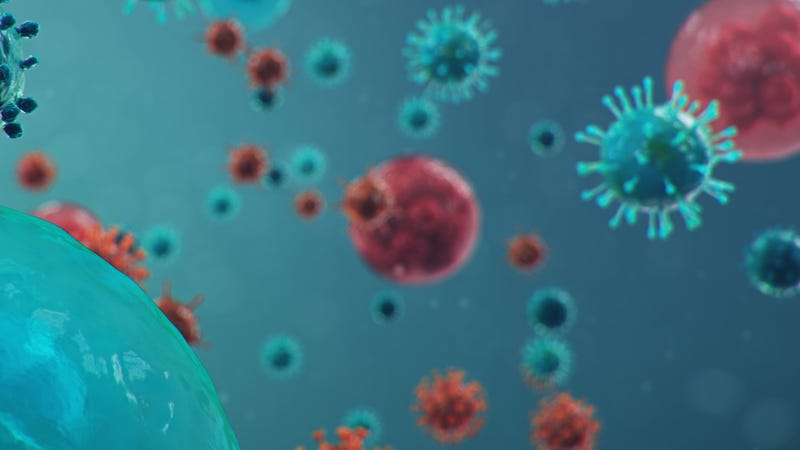
In an update on Thursday, pediatric health experts with Mayo Clinic shared insight into cases of acute, severe hepatitis impacting children across the world.
According to the World Health Organization, nearly 300 children have contracted cases of the liver condition, but hepatitis viruses that normally cause the condition (viruses A, B, C, D and E) were not detected in any of the children.
In fact, health experts say a common virus called adenovirus could be causing the surge. While adenoviruses are common, the aren't typically associated with hepatitis in healthy children.
"This is new, so we're still in the information gathering and investigative phase in all of this," said Dr. Nipunie Rajapakse, pediatric infectious disease physician at Mayo Clinic. "I think the thing that stands out from these clusters is that most of these children are children who've been previously healthy."
Doctors at Cincinnati Children's Hospital reportedly treated at least six cases of severe hepatitis in normally previously healthy children between the ages of 18 months and 10-years-old. One of the children required a liver transplant.
Cases have been reported in nine other states so far, with zero cases reported as of Thursday in Minnesota.
"We are checking every child that comes in with hepatitis specifically for adenovirus," said Dr. Sara Hassan, a pediatric transplant hepatologist. "We're working with our colleagues in infectious diseases to make sure our testing is up to standards."
Dr. Rajapakse noted that there is no correlation that Covid-19 infections, or Covid-19 vaccines, have played any role in the acute hepatitis infections.
"A vast majority of the patients reported by the WHO and many of the patients that we have reports on here in the United States were under 5 years of age, so they were not eligible for the Covid-19 vaccine and have not received it. We think that connection is highly unlikely."
Alabama reported nine cases between October and February. The CDC noted that three of the children developed liver failure, and two required liver transplants.

Vomiting, diarrhea, upper respiratory symptoms, and a yellowing of the skin or eyes have all been reported.
"There are a lot of lifestyle changes that we can do to protect from this," Dr. Hassan said. "Since there is a suspicion that this could be viral driven, hand hygiene is going to be really important. Establishing the same precautions we are using for Covid is important as well. At least making sure we are safe and avoiding children who are sick who have obvious symptoms of diarrhea, cough, or excessive sneezing. Vaccines are really important as well, along with maintaining health nutrition."
